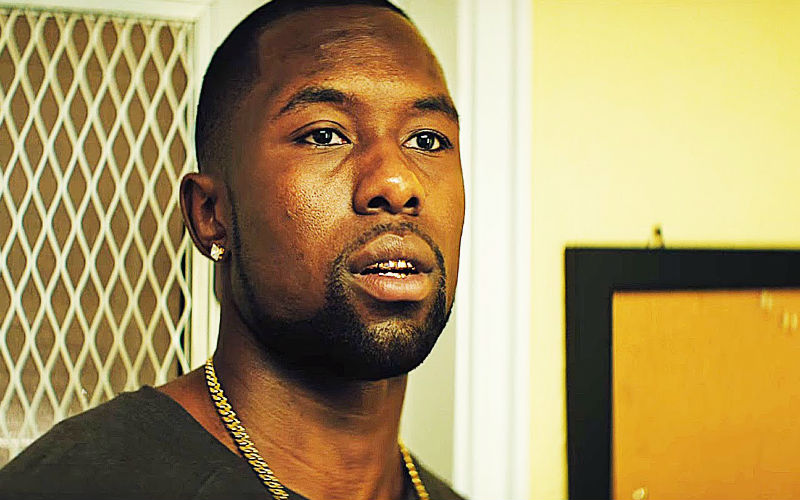




Until the 19th century many people used to think that moonlight could drive you insane, and many mentally-ill people were locked inside without a view of the earth’s only natural satellite. Hence the expression “lunatic” and “moonstruck”. But the moonlight can also provide brightness and save lives, particularly if you are lost in a dark forest in the middle of the night. This American drama is full of hope for the marginalised gay and black Americans, so that they don’t succumb to the old-fashioned powers of the moon.
Moonlight tells the story of Chiron at three stages of his life: childhood, adolescence and adulthood (played by a different actor at each stage). He is constantly seeking maternal love and affection, but his mother constantly shuns him in favour of her drug addiction. He ironically finds solace with a local drug dealer, who becomes a provisional father figure to the young black boy. He learns from him that his mother is his client and also, more significantly, the meaning of the word “faggot”. “It is a word to make gay people feel bad about themselves”, the unexpectedly gentle and caring man explains.
The community in which Chiron live is highly insular. White people are conspicuous in the absence, they are to be seen nowhere – not even in the background. Chiron proudly identifies himself as black, so race is indeed a main focus of the movie. This community is very violent, and Chiron is often a victim of beating in his teenage years, as his bullies suspect that he is a homosexual.

Despite not being a drug addict and a perpetrator of violence, Chiron also has problems with the police. A crime record is not unusual in a revolving-doors culture as this. Chiron’s challenge is to break the cycle, and prevent homophobia and violence to prevail in his life. The director Barry Jenkins deftly plays with music and silence in order to convey a sense of nervousness and uncertainty. The writing is on the wall: it’s difficult to be black in the US, but it’s far more challenging to be openly gay, particularly if you live in a drug-ridden and insular community of Florida. Intersectionality is also a key issue, as being black and gay poses further challenges to the character.
Moonlight has it shortcomings, such as the two actors playing Chiron’s lover at different ages looking nothing like each other. The soundtrack – a mixture of opera, classic music, R&B and even the classic Caetano Veloso’s ‘Cucurrucucu Paloma’ – is mostly effective, but at times slips into a melodramatic tone, not in line with the rest of the movie. Still a powerful human experience whether or not you are black and gay.
Moonlight was screened as part of the Toronto International Film Festival, and it also showed as part of the BFI London Film Festival, when this piece was originally written. It was released in UK cinemas in February 2017, the same month as it won the Best Picture Oscar after a wrong announcement erroniously crowned La La Land (Damien Chazelle). The actor Mahershala Ali, who plays the drug dealer Chiron meets as a child (pictured above), deservingly won the Best Supporting Actor statuette.
And also don’t forget to watch the film trailer below:
.






